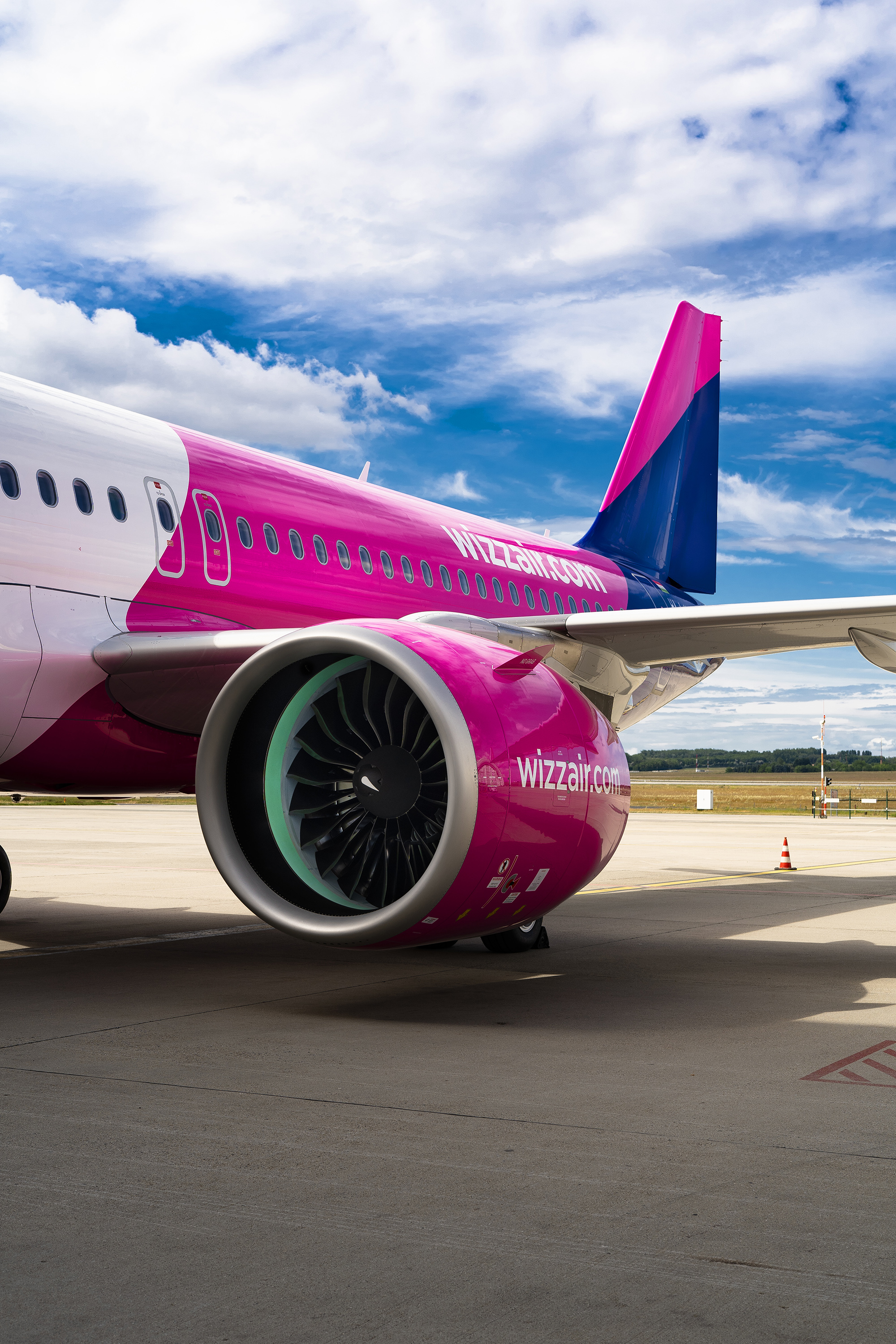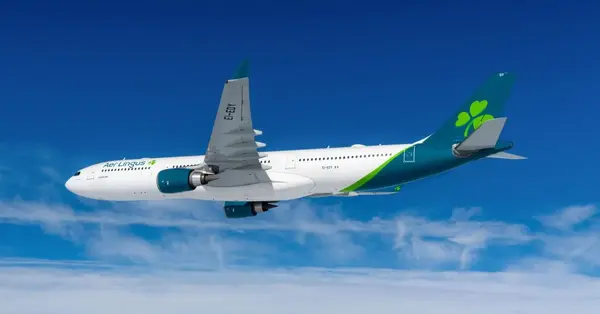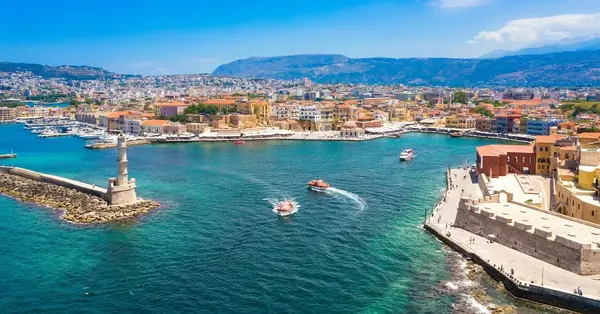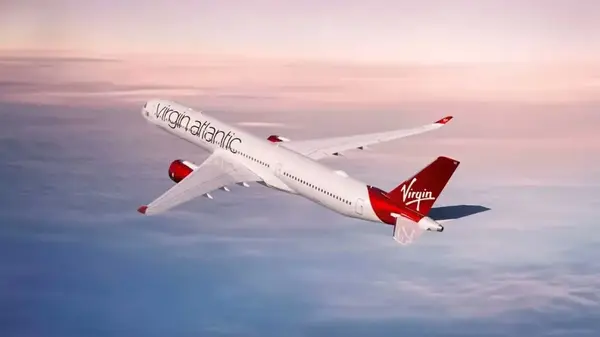You are viewing 1 of your 2 free articles
Wizz Air profits dragged down by aircraft engine inspection groundings
Wizz Air profits fell by 21% in the six months to September in the face of engine-related aircraft groundings and air traffic control disruption.
The eastern and central European budget carrier reported a half year net profit of €315.2 million against €400.7 million in the same period last year.
Passenger carryings were almost static at 33.3 million as more than 40 Airbus aircraft remained out of service by September 30, down from 46 at the end of June due to Pratt & Whitney GTF engine inspections.
The airline expects 40 to 45 aircraft to be grounded over the next 18 months against a previous assumption of 50 and a new compensation scheme is being negotiated with the engine manufacturer.
Chief executive Jozsef Varardi said: ”Wizz Air has delivered a resilient performance in the first half, driven by solid air travel demand and strong focus on operational efficiency.
“We have continued our efforts to protect capacity in the face of GTF-related engine groundings, with total passengers increasing slightly year on year to 33.3 million, with load factor at 92.4%.
“This includes a record 6.2 million passengers during the month of August, reflecting the strong demand for routes across our network and the dedication of all our colleagues to maintain high standards and service levels.”
Ancillary revenue streams, including priority boarding, bags and subscription product offering “continue to make an important contribution to overall revenues,” he added.
“Cost control remained a key focus area during the first half, particularly with the management of the Pratt & Whitney-related aircraft groundings and air traffic control disruptions,” Varadi said.
Bookings since September 30 “show no softening of demand, and we are anticipating a positive momentum into the second half in terms of both bookings and yield, notwithstanding the volatile geopolitical situation in the Middle East,” Varadi said.
But operations to Tel Aviv have been suspended until mid-January 2025 due to the Middle East conflict, with capacity reallocated across the network, “and we continue to monitor the situation closely in the region,” according to Varadi.
He said: “In the second half, GTF issues will continue to inflate costs which will be counterbalanced by action taken on improving fuel and operational efficiency, and optimising the network mix.
“As at the end of October, all one-off wet leases have been terminated and a new compensation scheme is being negotiated with Pratt & Whitney, providing stability for the rest of the financial year.
“As we look ahead, we now have better visibility to manage the GTF issues to their expected conclusion in F27 and our timetable of deliveries from Airbus means we will gradually return to growth from next year.
“During this period our focus is on cost, and we have renewed our commitment to ultra low-cost principles, so that we can deliver the lowest fares to our customers while our growing fleet solidifies our market leadership in central eastern Europe through better schedule options and higher operational reliability, and unlocks potential new destinations in the west and east.”
“The age and gauge of our Airbus A321neo fleet, underpinned by our orderbook and fleet renewal program, will give us unparalleled advantages in the long term. To realise these benefits we continue to prioritise resilient operational planning, unit cost and sustainability leadership and pricing power through network density and quality. Wizz 500 remains our strategic objective by 2032 as we expect to grow the fleet by 15-20% p.a. from next year.”


















